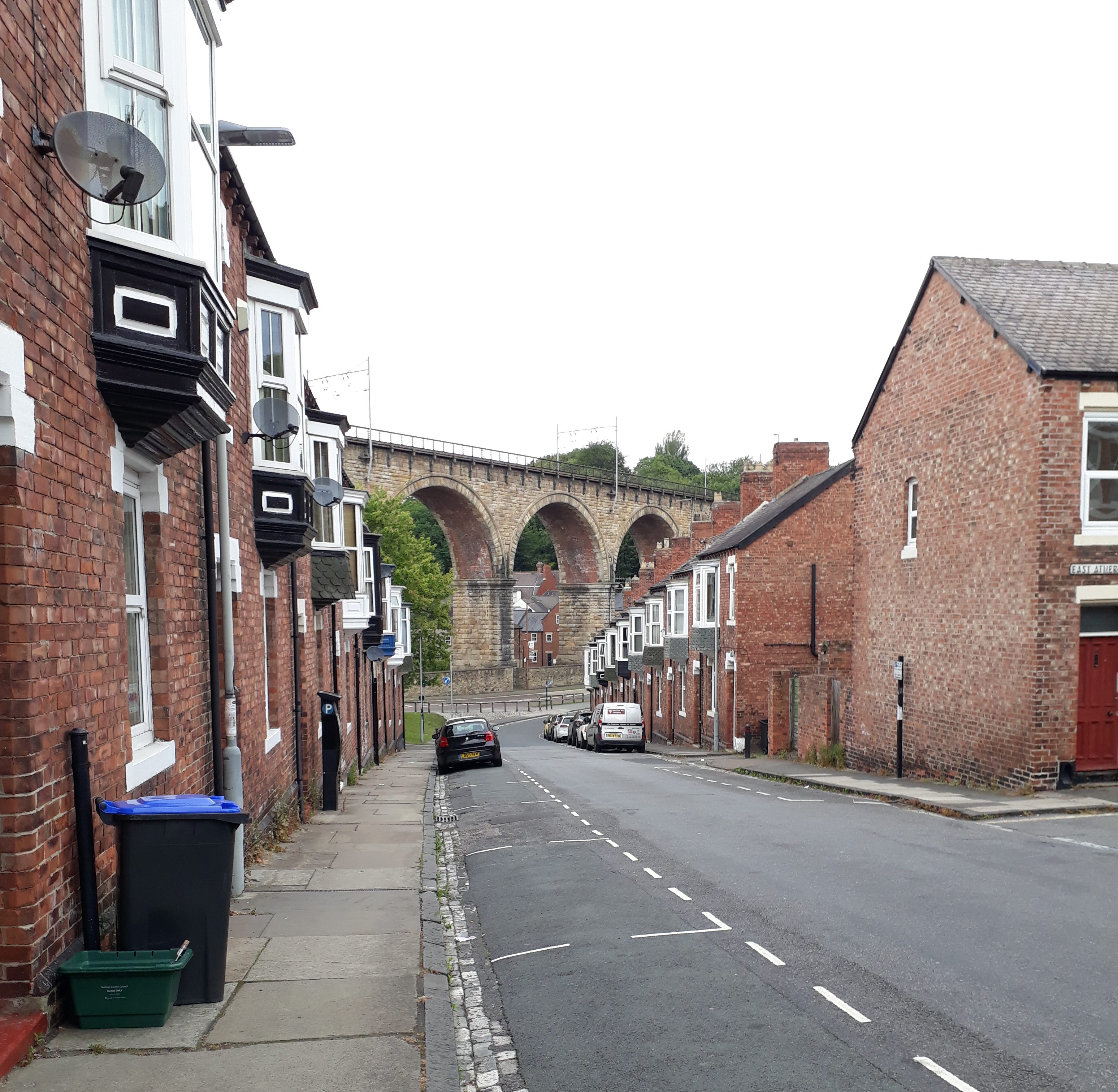It’s cold and still drizzling when Hannah and I leave her office in the Palatine Centre and trek up to the Mountjoy Centre for her next meeting. She doesn’t like being around her desk for extended periods, so she’s glad to breathe in some fresh air. Hannah generally enjoys her job. After 12 years in the social housing sector, it was not a smooth transition into Higher Education. However, she’s proud to work at her alma mater; proud to represent an institution with increasing global and local awareness, and proud to live in a city where residents and students coexist (most of the time!). Hannah is also extremely proud of the Community Engagement Task Force (CETF) which to her embodies the spirit of cooperation among these various parties. Formed soon after she entered this job in 2018, the CETF’s main goal is to encourage mutually beneficial partnerships between the University and all its fellow stakeholders in Durham. The Task Force presides over five “mini-task forces” called Sub-Groups, each focused on one of the following themes: Economic, Culture, Citizenship, Lived Environment or Durham for All.
Today, Hannah is meeting with the Lived Environment Sub-Group, which examines issues like accommodation, university infrastructure and local services. The group’s members are few, but they represent a diverse group of interests, from the students, the University, the Parish Council, and even the police. It is perhaps because Hannah embodies many of these identities—resident, alumna, university employee—that she is able to connect with all these groups.
Representing the Parish Council is a familiar face, John Ashby, whom I interviewed previously. Before the meeting, the councillor explains to me that his interest in this subgroup is to evaluate the attitudes and feelings of students and gather how they can best be accommodated.
After introductions are made and pleasantries exchanged, the group proceeds to run through the relatively brief, but heavy agenda. Data, housing standards and the night-time economy are among the biggest issues discussed. Everyone agreed that the quality and affordability of student housing were serious issues, but it was the Durham Student Union (DSU) representative that pushes the hardest for solutions. As a student myself, I notice that the Durham Student Union (DSU) representative has the difficult task of trying to shift attention to the needs of the students. Additionally, when a group member generalised about students, the DSU rep was quick to point out that graduate students living in the suburbs have a different demographics and stronger and longer links with the community. I was really impressed with her contributions, especially after speaking to Gareth Hughes, the DSU Chief Executive Officer about the training and preparations of student representatives.
One of the items on the agenda is confirming the outcomes of the subgroup. I’m a little confused as to why the outcomes have not been established prior, but after the meeting Hannah explains to me that this Sub-Group had been plagued with delays due to several unforeseen circumstances. Despite these setbacks, the members seemed confident in the effectiveness of the Sub-Group, as evidenced by the successful lobbying of the University to change minor elements of the new business school development. All the members of the group unanimously support the task force as it improves transparency and cooperation among the organisations represented. The meeting is, in the words of one group member, “a very useful discussion.”
For Hannah, that alone is a huge success as it illustrates how far the University has come in community relations. She later remarks, “It’s like watching behaviour change in real time.”

